
It’s no secret that smoking is bad for you. It is a well-known fact that a Tobacco habit can have a negative impact on the health of your lungs, heart, and even skin, but one thing that people might not realize until it is too late is that smoking can also have a negative impact on the appearance and overall health of your mouth.
But just why is it that smoking is so bad for your teeth and gums? Well, the answer is actually that there are a few factors contributing to the adverse health effects of smoking on your teeth and gums. Cosmetically, the issue is relatively self-apparent.
Why Smoking is Bad for Your Oral Hygiene
The same way that coffee, wine, or other food and drink items can stain your teeth over time, so too can the smoke of cigarettes or other tobacco products. The end result is yellow teeth like the ones you will find in the illustration above.
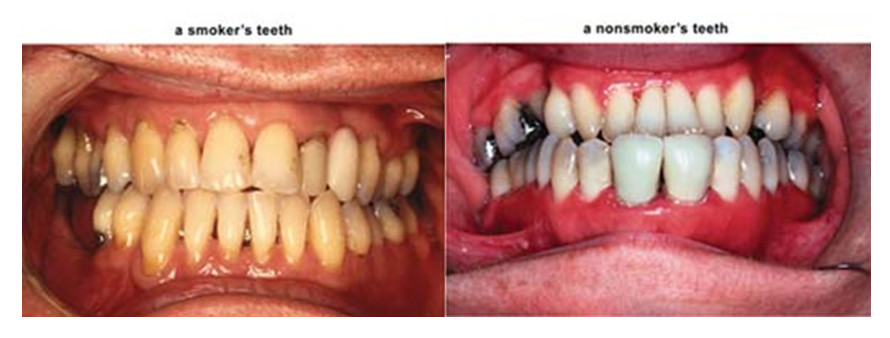
And yeah, you don’t want yellow teeth, but the truth of the matter is that that is only part of the problem you encounter when you introduce smoking into your life.
Tobacco use is also going to reduce the health of your immune system over time. When that happens, you open yourself up not just too unsightly stains, but a number of other issues that will affect the health of your gums, including a slow recovery time after surgery, among other things.
Then there are the chemicals that are present in cigarette smoke to consider. Between the literal poisons in cigarettes, and the frequency with which they are generally introduced to the system of a smoker, oral cancer becomes a significant risk for smokers.
We will talk more extensively about these and more issues in the next section where we will take a more in-depth look at the health risks associated with cigarette use.
Common oral diseases of smokers
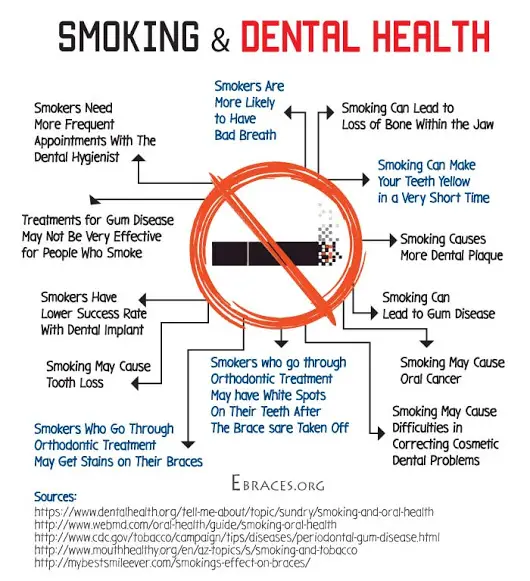
The range of diseases and ailment that smokers can expect to encounter in regards to their oral health vary petty significantly, and range in severity. There are smaller health issues that, while not life-threatening, will have a negative impact on your day to day life (and quite possibly on your social interactions as well).
These issues include bad breath, yellowed teeth, and a reduced capacity to taste. You definitely don’t want these things to happen to you, but the good news is that if you stop smoking, you may be able to mitigate the effects of these afflictions to a certain extent (though this is not necessarily a guarantee).
Other oral hygiene afflictions brought on by smoking are not so easily remedied.
Oral cancer is a relatively common disease that affects nearly 50,000 Americans and over 450,000 new cases being found in the world while each year. You may not be aware that the mortality rate for oral cancer is relatively high!! The survival rate declines as time progresses, with only half the diagnosed population surviving the disease for 5 or more years. It is a caner that kills one person an hour, every hour of every day!! This is mostly attributed to the fact that oral cancer is historically difficult to detect early.
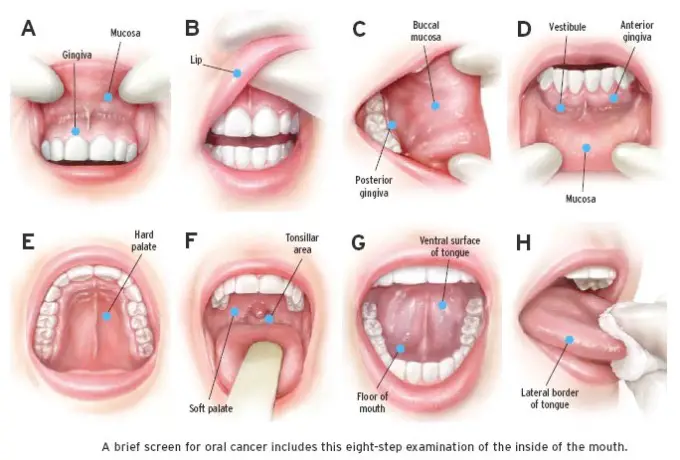
While you do not have to be a smoker to suffer from oral cancer, it definitely does not help. Smokers make up about 75% of the population effected by oral cancer aged fifty or over. Additionally, people that both drink and smoke are about 15 times more likely to suffer cancer!
Cancer isn’t the only disease that you might encounter as a smoker. Smoking also affects the way that your tissue functions. As a result, smokers are more susceptible to infections and tooth decay and loss.
While cigarette smoking is perhaps the most commonly associated cause of oral disease, the truth remains that all Tobacco consumption can result in disease, including pipe and cigar smoke.
How to reduce the harm of smoking to the mouth if you can’t quit smoking completely?
The best thing that you can do for yourself is to quit smoking entirely. While the damage done by smoking does not go away quickly, especially if you had previously had the habit for a long time, important improvement can happen over time if you give your body the chance to heal.
In fact, you may enjoy an increased capacity to taste again as early as 3 days after your last cigarette. Slowly, and over time you will also find that your cardiovascular system will recover, and so will your cell damage.
So yes, to quit smoking is certainly the ideal, but it also isn’t always an option, or at least it is easier said than done. While you may encounter slips on your journey to becoming tobacco-free, that doesn’t mean that you cannot take steps to heal even as you are still working on becoming smoke-free.
One of the easiest things that you can do is to use mouthwash after each cigarette. While this approach is certainly not a cure-all, it will go along way towards killing bacteria, and it will also have the added benefit of mitigating the bad breath that is often associated with cigarette smokers.
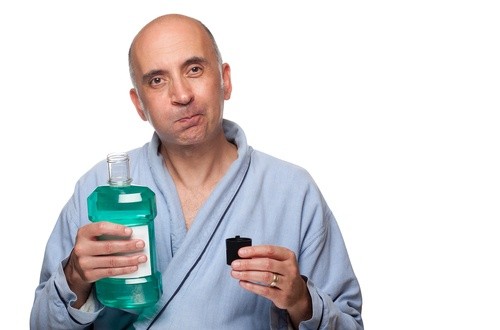
Additionally, you will also want to make sure that you are getting good nutrition. The benefits of eating plenty of fruits and vegetables are, of course, plentiful. Good nutrition will help you to fight of some off the infections that your mouth is otherwise left vulnerable to through smoking.
Finally, a good toothbrush can go a long way towards removing bacteria and helping to improve your oral health. Electric toothbrushes are notably effective at dealing with plaque and bacteria on the gums and tongue, and also improving the overall whitening of your teeth.
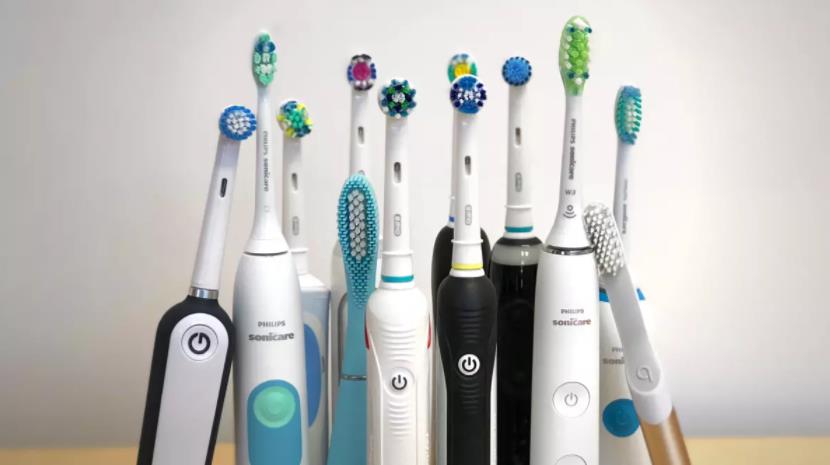
Do keep in mind that these are only temporary and partial solutions to the problems that can arise from smoking. For best results, eliminate your tobacco consumption altogether!
Also consider reading…